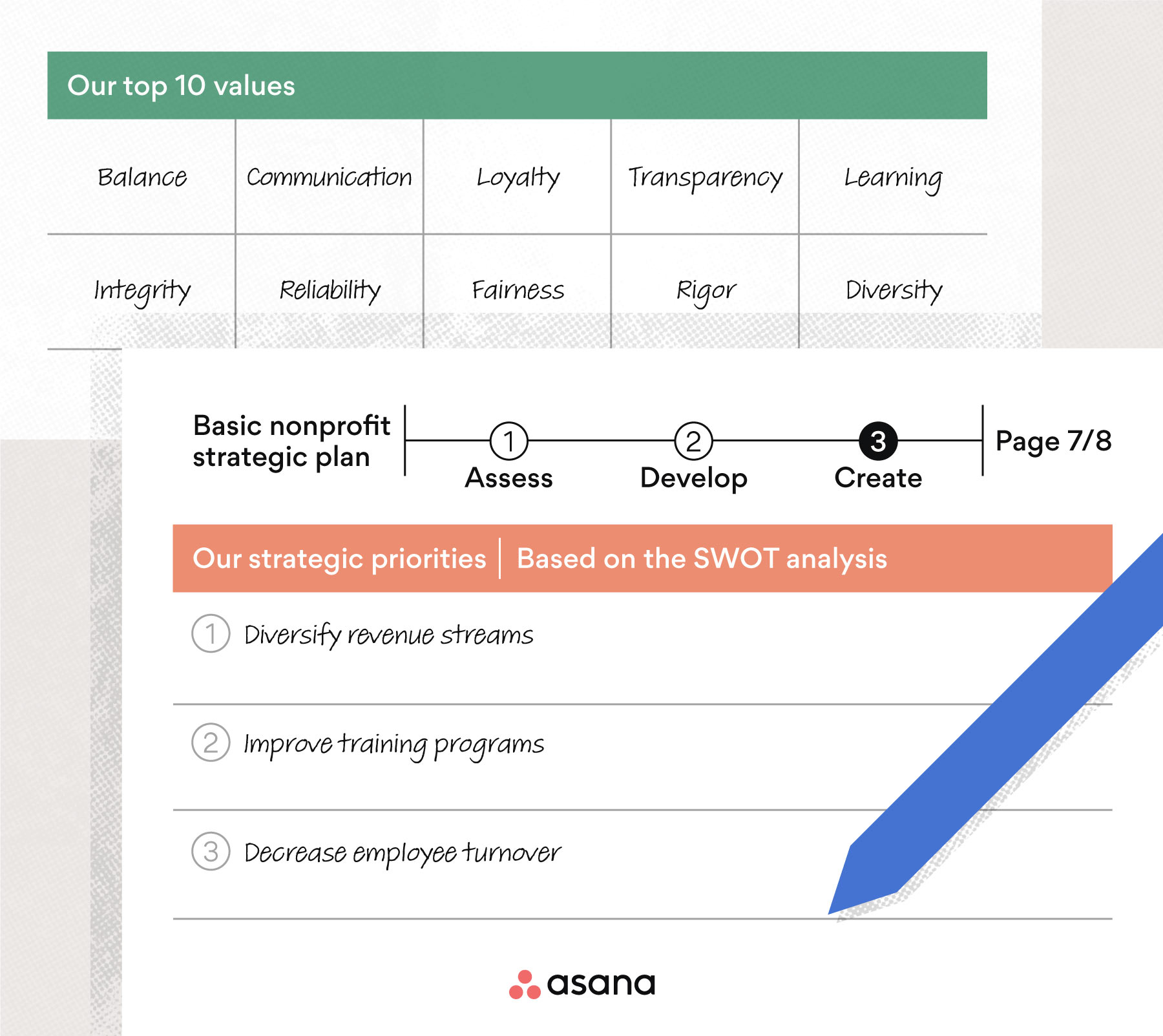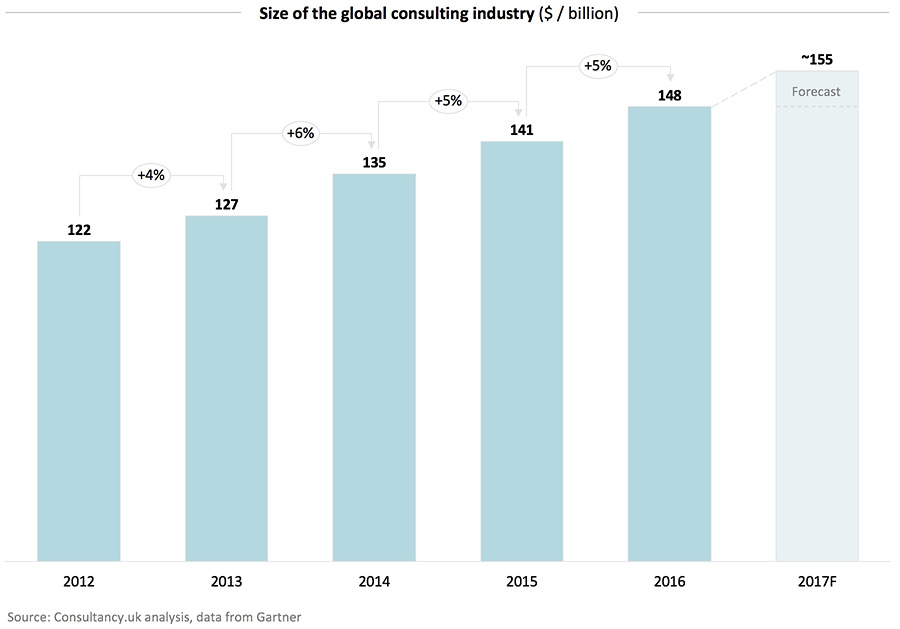
Image consulting may be a good choice if you're interested improving your public image. This career path can bring you a high level satisfaction with many benefits. You can improve the communication and appearance of your clients. An image consultant is able to help you choose the right changes for your client. You can read on to learn about the career options and potential earnings for image consultants. These are the qualifications and skills you will need to get started.
Career path
India's image consulting industry is growing fast. The demand for image management is enormous, creating brilliant work opportunities for image consultants. A day of image counseling can be as low as USD 140-$1400 in India. Image Consulting Business Institute (ICBI) trains image consultants. For instance, Benaisha Kharas, a fashion and beauty consultant, was paid INR 100,000 for a single styling assignment.

Earning potential
Image consulting has a significant earning potential, but it varies from one business to the next. The most successful image consultants are those who are in demand and have a strong track record in their niche. Although image consulting is a hard job, the rewards are worth it. Your clients will love the images you create. Here are some tips that can help you maximize the earning potential of image consulting. Here are the top ways image consultants can boost their clientele.
Education is required
A bachelor's degree is not needed for working as an image consultant, but some certifications can be useful. Starting points include programs in psychology, marketing, and other related fields. Others might have gained additional experience by working in a salon or clothing store. Earning potential can vary depending on where you work and what kind of work it is. Some image consultants opt to take online courses or apprentices. For more information contact the Association of Image Consultants International.
Skills required
There are some skills you should have if you want to work in an image consulting firm. To become an image consultant, you should have 2 years of experience and excellent communication and interpersonal skills. Besides these, you must have a flair for modern trends and fashion and be well-presented. Below are some skills you should have in order be a successful Image Consultant. Here are some tips that will help you get started.

Career outlook
There are several career options for image consulting. These include fashion consulting, business image consulting, and etiquette consulting. Image consulting can be both broad and niche. It is possible to focus on any aspect related to the image. Aside from fashion, image consultants can help clients with etiquette and mannerisms as well as different environments. Here are the main duties of an image consultant. The MyMajors Quiz will help you learn more about each career.
FAQ
How much do consultants earn?
While some consultants make $100k+ per year, most consultants only earn between $25-$50k. The average consultant salary ranges from $39,000 to $39,000. This includes both salaried and hourly consultants.
Salary depends upon experience, location, industry and type of contract (contractor/employee). It can also depend on whether the consultant has their own office or works remotely.
What qualifications do you need to be a consultant?
Not only is it important to have an MBA but you should also have business consulting experience. A minimum of two years' experience in consulting, training and/or advising a major company is necessary.
It is essential that you have experience working closely with senior management on strategic development projects. This will require you to be comfortable sharing your ideas with clients and getting their buy-in.
A professional qualification exam like the Certified Management Consultant (CMC), Chartered Management Institute, is required.
Why would a company hire a consultant?
Consultants provide expert advice on how to improve the performance of your business. They don't sell products.
A consultant is a person who helps companies make better choices by providing sound analysis, and making recommendations for improvement.
Consultants often work with senior management to help them understand how to succeed.
They offer coaching and leadership training to help employees achieve their highest potential.
They can help businesses reduce costs, streamline processes, and increase efficiency.
Why would you want to hire consultants?
There are many reasons you might need to hire a consultant.
-
A specific project or problem may be a challenge for your company.
-
You want to improve your own skills or learn something new
-
You would like to work with an expert in your field.
-
There is no one else available to handle the task
-
Feel overwhelmed by all the information available and don't know where you should start
-
You can't afford full-time employment
The best way to find a good consultant is through word of mouth. Ask around if anyone knows any reputable consultants. Ask someone you know who is a consultant for his/her recommendations.
If you're interested in using online directories, such as LinkedIn, you can use the "Search People” feature to find consultants near your location.
Is it possible to run a consultancy business from home?
Absolutely! In fact, many consultants already do exactly this.
Most freelancers work remotely using tools like Skype, Slack, Trello, Basecamp, and Dropbox. They may even create their own office space in order to take advantage of company perks.
Some freelancers prefer to work at libraries and cafes instead of traditional offices.
Some choose to work remotely because they are surrounded by their family.
There are pros and cons to working remotely. However, if you love what you do, it is worth considering.
What tax do I have to pay on consulting income?
Yes. You will have to pay taxes on your consulting profits. The amount of your earnings per year will determine the tax payable.
If you are self-employed, expenses can be claimed on top of your salary. These expenses include rent, childcare and food.
But, interest payments on loans, vehicle and equipment depreciation will not be allowed to be deducted.
If you earn less than PS10,000 per year, 25% can be claimed back.
You might be taxed even if you make more than the threshold depending on whether your income is contractor or employee.
Employers are taxed via PAYE (pay as your earn), and contractors through VAT.
What is the difference between a consultant and an advisor?
An advisor gives information on a topic. A consultant offers solutions to problems.
A consultant works directly alongside clients to help them realize their goals. Clients are referred to advisors through books, magazines and lectures.
Statistics
- So, if you help your clients increase their sales by 33%, then use a word like “revolution” instead of “increase.” (consultingsuccess.com)
- Over 62% of consultants were dissatisfied with their former jobs before starting their consulting business. (consultingsuccess.com)
- Over 50% of consultants get their first consulting client through a referral from their network. (consultingsuccess.com)
- According to statistics from the ONS, the UK has around 300,000 consultants, of which around 63,000 professionals work as management consultants. (consultancy.uk)
- On average, your program increases the sales team's performance by 33%. (consultingsuccess.com)
External Links
How To
How to find the best consultant
First, ask yourself what kind of consultant you are looking for. Before you start looking for someone to work with, it's important that you know your expectations. It is important to make a list with all the requirements you have for a consultant. This could include things like; professional expertise, technical skills, project management ability, communication skills, availability, etc. You might also want to talk with colleagues or friends about their recommendations. Ask your friends and colleagues if they have had bad experiences with consultants in the past. Compare their recommendations with yours. Try searching online for recommendations if you don’t have any. There are many websites that allow users to leave feedback about their previous work experiences, such as LinkedIn and Facebook, Angie's List or Indeed. Take a look at comments and ratings from others, and use that data to find potential candidates. Once you have narrowed down your list, reach out to potential candidates and set up an interview. At the interview, it is important to discuss your requirements and get their feedback on how they can help. It doesn’t matter who recommended them to you, just make sure they understand what you are trying to achieve and how they can help.